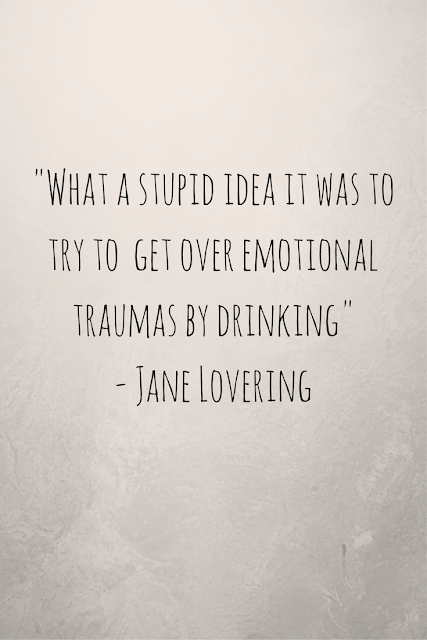I've never really resonated properly with a review of a book on its cover. They're usually filled with 'Amazing', 'Unputdownable', or a whole variety of buzzwords. The one on the back of A Walk to Remember, however summarises exactly how I feel about this novel: 'every now and then you stumble across an extraordinary book that at first appears like countless others, but then you read it and are amazed at the treasure within'. This review is by the New York Sunday Post, in case you were wondering.
A Walk to Remember is something that I've been meaning to read for years. I bought it before I went to uni, so it's been sitting on my shelves for at least five years now. The film that is based on this book is one of my favourite films of all times, and it's why I picked up the novel in the first place. I absolutely whizzed through it, lapping up all the extra little details that the book had to offer. The one thing I would say is that if you've seen the film and want to read the book, then the Landon you know is not quite like the original Landon. He was a little meaner, a little more selfish, and a whole lot less likeable.
So, A Walk to Remember is all about a girl called Jamie. Her father, a preacher, is her only family, as her mother passed away a few years earlier. Being brought up in such a religious family has greatly impacted Jamie's outlook on life: she attempts to see the best in people, carries a bible around with her everywhere, and does an immense amount of work for the local orphanage.
Naturally, this introvert, who's a little saintly and carries around a bible with her isn't the most popular girl at school. Thankfully for Jamie, she either doesn't notice the sarcasm of the bullies or at least pretends to. One of those bullies, Landon, is forced to work with Jamie for a drama class assignment. They're the leads in a play and Landon, a 'popular guy', simply can't be seen with Jamie. Eventually he comes to realise that this shy exterior of a girl has a wealth of goodness and character beneath it. With Landon we being to see that everyone is worth getting to know.
This novel is beyond heartbreaking, but I've decided not to spoiler any of that part for you. If you've read the novel or seen the film then you'll know what I mean. Reading the end part of this on a bus was a total mistake for me, and I ended up sobbing and getting some interesting looks. Just remember that this is the guy that wrote The Notebook.
Have you read it? What did you think?






